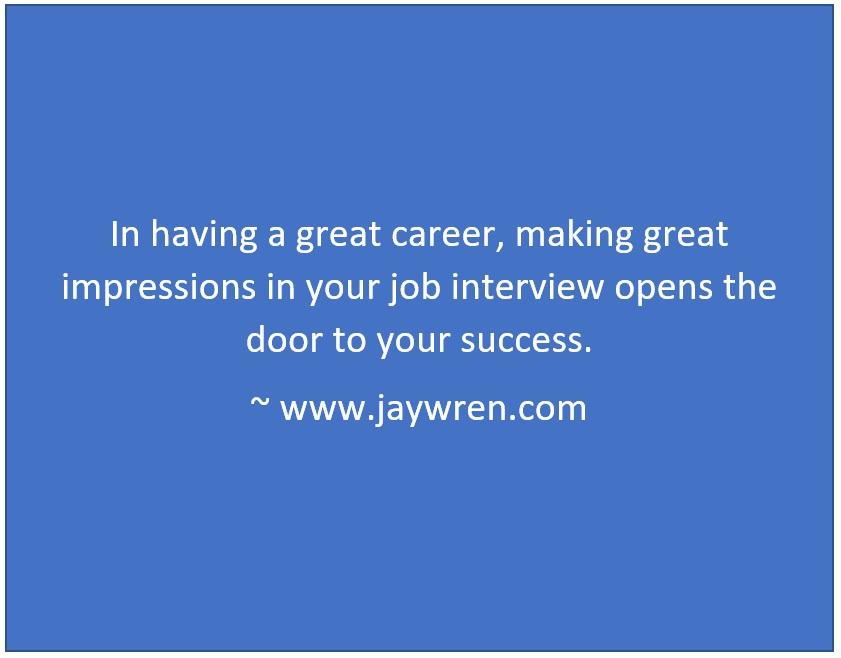Have you ever had someone toss a ball your way and let you know it was inbound after the person had thrown it?
If you have good reflections and a clear mind, a surprise ball toss can be easy to handle. Personally, I need to know the ball is coming and preferably have a bucket to catch it in.
I have found that thinking on my feet in business can be similar. In my basic training at Procter & Gamble, the instruction booklet on persuasive selling included the recommendation of anticipating objections and preparing for these objections before entering for my presentation.
The Sacramento Kings had a point guard named Jason Williams, who was a real gym rat, street ball, highly gifted athlete. He was a lot of fun to watch and so unorthodox that the other players on the team had to maintain total mental presence lest they catch one of Williams’ no-look passes on the nose. Obviously, the players on the Kings team had an advantage in knowing what was coming next from Williams. They spent hours practicing with him and playing on the same team.
Giving a persuasive presentation in any situation, whether it is a job interview, a sales call, a meeting with peers, I find that I am more comfortable if I take a minute, write a few notes, research material I think might come up even if I believe that I know the answer, and try to think of information that might add value to the presentation and offer solutions where needed.
Related Articles
Creative Ways to Manage Any Process
Going to an Interview? Got an Agenda?
Hey, Catch! Interview Preparation
Another thing that I have learned to do is position material so I show I am interested in the point of view of the other person or people in the meeting. For example, without even agreeing with another person’s position, I have found that it sometimes helps to say something such as if I were in your shoes I am sure that I would feel the same way. I also try to make sure that the other person or people in the meeting have an opportunity to speaking through to the conclusion of what they have on their mind.
Some people find it helpful to call other people before a meeting and in that call, present what they plan to share in meeting, especially when the stakes are high or on occasions where there might be a lot of resistance to his or her position.
In closing, I am reminded of the famous statement regarding directions: “How do you get to Carnegie Hall? The answer: practice, practice, practice. ”
The World’s Noblest Headhunter!

